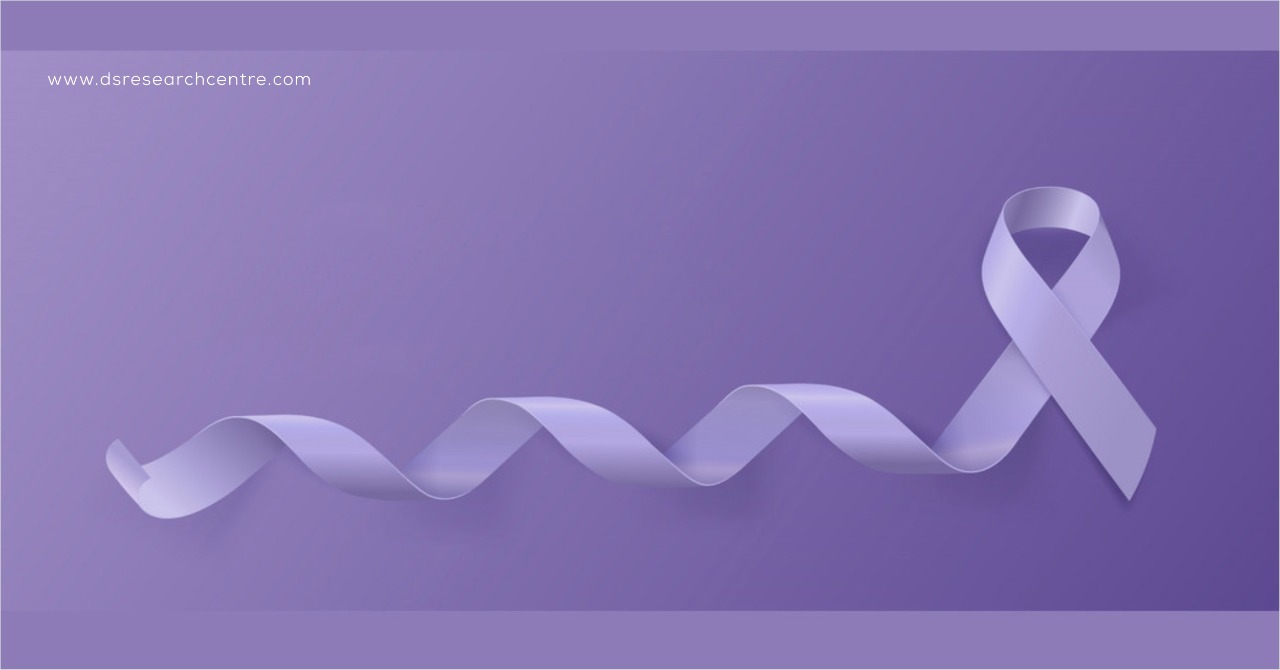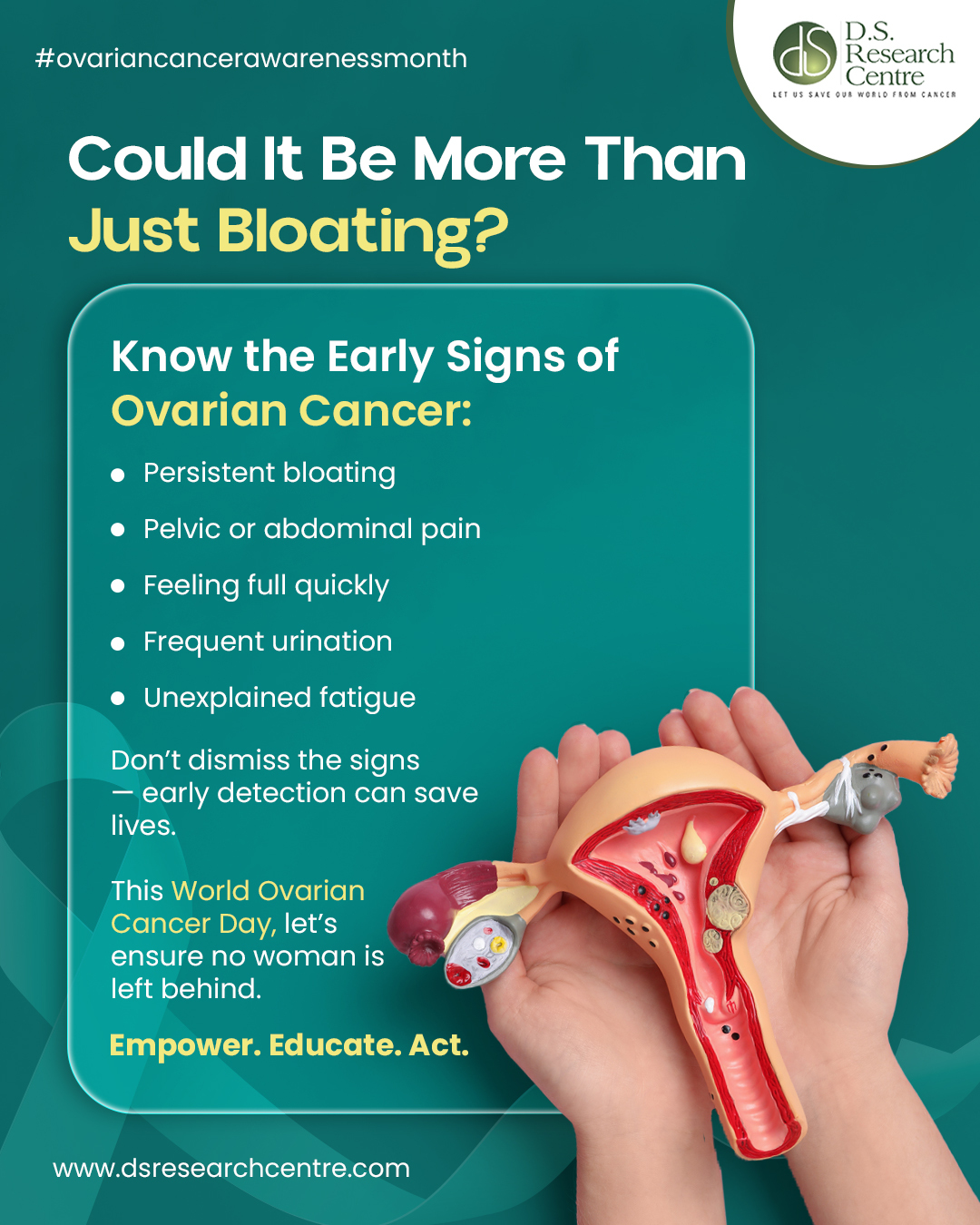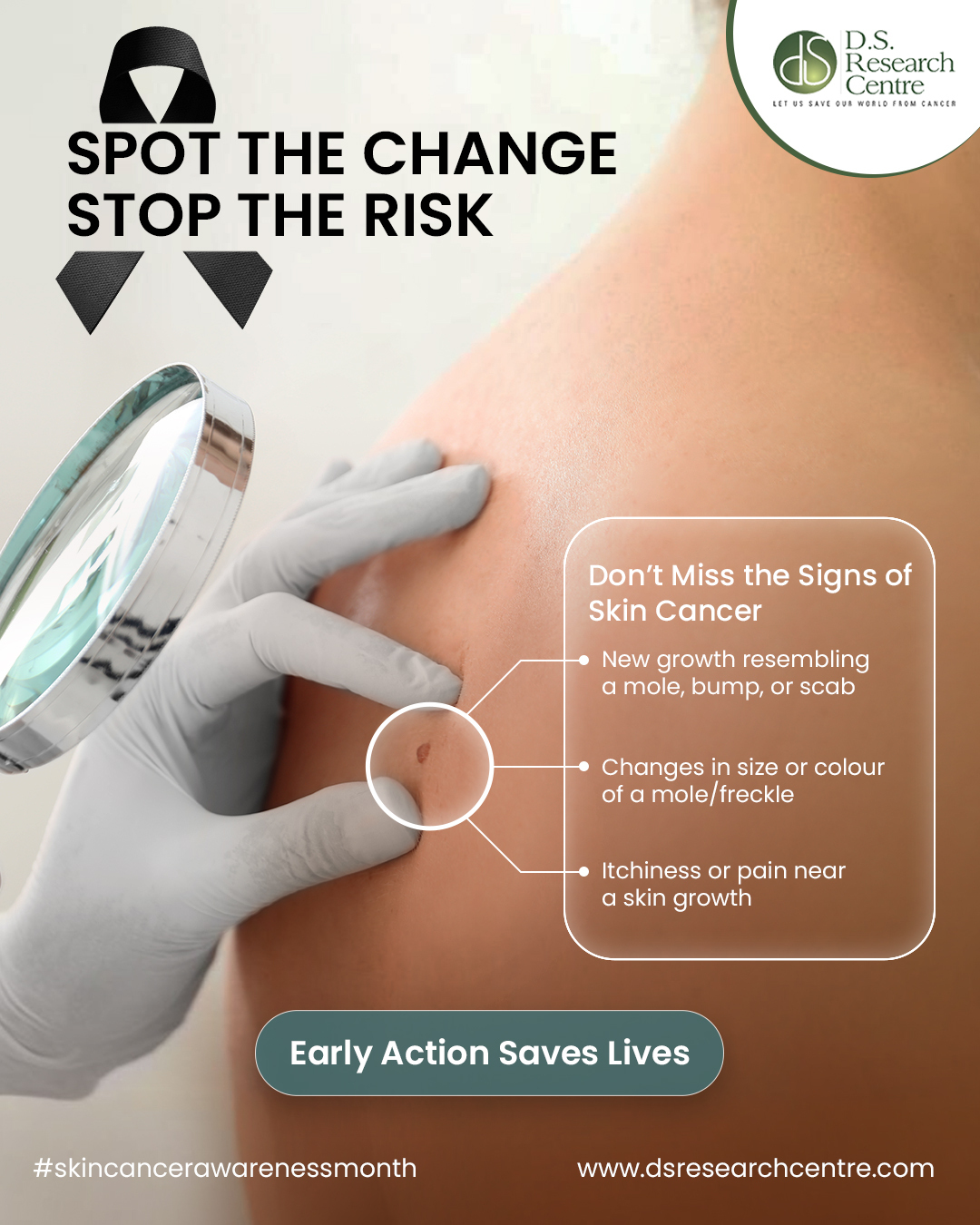Esophageal cancer is the
sixth most common cause of cancer deaths worldwide. Incidence rates vary within
different geographic locations.
Esophageal cancer is cancer that occurs in the esophagus. Oesophagus is
a long, hollow food pipe that runs from the throat to the stomach.
The
function of esophagus is to move swallowed food from the throat to the stomach
for further digestion process. The severity of esophageal cancer depends upon
where it is located in the esophagus, size of growth and general condition of
the patient.
Risk factors
●
Age: Esophageal
cancer is most often diagnosed in people over age 50.
●
Gender: Esophageal
cancer is more common in men than women.
●
Gastroesophageal
reflux disease (GERD)
●
Addictions like Smoking and Alcohol consumption
●
Having precancerous changes in the cells of the
esophagus (Barrett's esophagus)
●
Obesity
●
Having difficulty swallowing because of an esophageal
sphincter that won't relax (achalasia)
●
Having a steady habit of drinking very hot liquids
●
Unhealthy
diet (Vitamin
deficiencies: Some studies have linked esophageal cancer to deficiencies
in beta-carotene, vitamin E, selenium, or iron)
●
Undergoing
radiation treatment to the chest or upper abdomen
●
cancer
of the head, neck, or lungs
●
Infection
with human papillomavirus
●
Tylosis
is a very rare inherited disease that causes excess skin growth on the palms of
the hands and the soles of the feet
●
Esophageal
webs are abnormal bands of tissue that extend inward into the esophagus, making
it difficult to swallow
Symptoms
Signs
and symptoms of esophageal cancer include:
●
Difficulty swallowing (dysphagia)
●
Weight loss without trying
●
Chest pain, pressure or burning
●
Worsening indigestion or heartburn
●
Coughing or hoarseness
●
Pain in abdomen
●
Dark stool from digested blood, heartburn, indigestion,
nausea, or vomiting blood
Types of esophageal cancer
Esophageal cancer is
classified according to the type of cells that are involved. The type of
esophageal cancer you have helps determine your treatment options. Types of
esophageal cancer include:
●
Adenocarcinoma. Adenocarcinoma
begins in the cells of mucus-secreting glands in the esophagus. Adenocarcinoma
occurs most often in the lower portion of the esophagus. Adenocarcinoma is the
most common form of esophageal cancer in the United States, and it affects primarily
white men.
●
Squamous
cell carcinoma. The squamous cells are flat, thin cells that line
the surface of the esophagus. Squamous cell carcinoma occurs most often in the
upper and middle portions of the esophagus. Squamous cell carcinoma is the most
prevalent esophageal cancer worldwide.
●
Other
rare types. Some rare forms of esophageal cancer include small
cell carcinoma, sarcoma, lymphoma, melanoma and choriocarcinoma.
Complications
As esophageal cancer
advances, it can cause complications, such as:
●
Obstruction
of the esophagus. Due to tumors in Oesophagus, difficult for food
and liquid to pass through your esophagus.
●
Pain. Advanced
esophageal cancer can cause pain.
●
Bleeding
in the esophagus. Esophageal cancer can cause bleeding. Though
bleeding is usually gradual, it can be sudden and severe at times.
Prevention
●
Quit smoking and Alcohol Consumption
●
Nutritious Diet ( Add
a variety of colourful fruits and vegetables to your diet.)
●
Maintain a healthy weight
Treatment
of Oesophageal Cancer
● Surgery
● Chemotherapy
● Radiation Therapy
● Targeted Therapy
● Immunotherapy
Along
with this Ayurveda, Homeopathy,Unani treatment is also a part of the treatment.
Ayurveda treatment is best for prevention and treatment along with that
maintaining quality of life.
Supportive
Therapy for Esophageal Cancer
Supportive
therapy is treatment aimed at preventing or relieving symptoms
●
Feeding tube
●
Esophageal dilation
●
Pain Management
Along with this special care for patients' physical,
emotional, and mental health is important. Hopes, patience and positive
attitude of the patient and patient’s family members are more important factors
of treatment.
When
received treatment right treatment with an on-time diagnosis, we can overcome
diseases like Cancer without Complication.








Posted on April 15, 2016
Posted on April 15, 2016